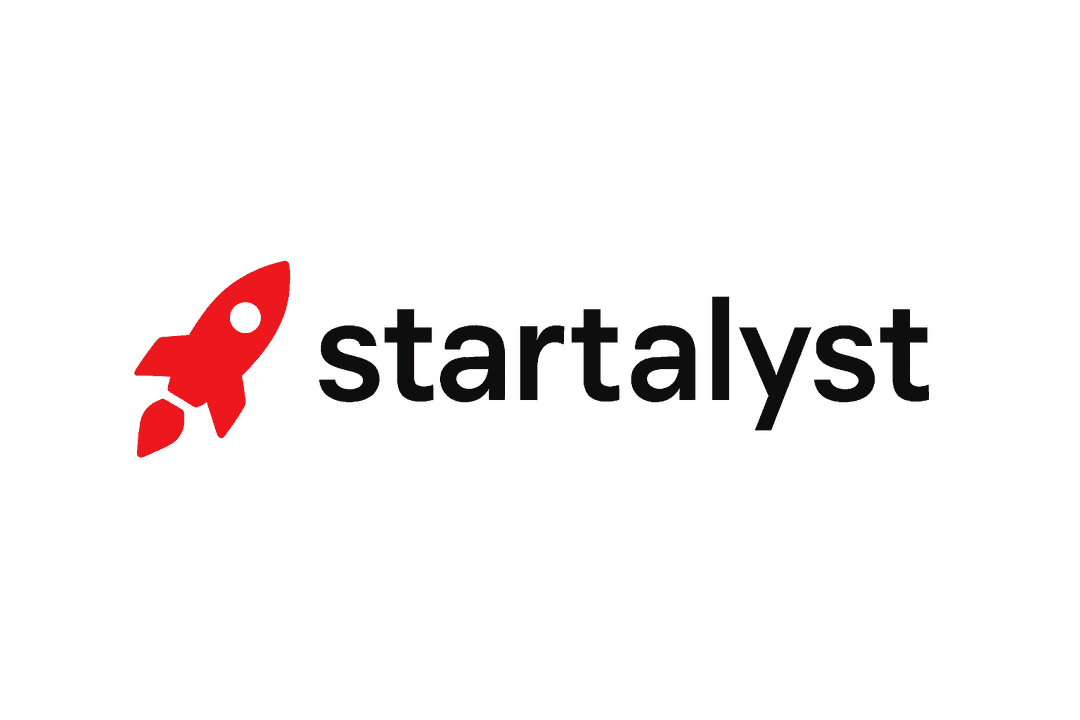Business Ideas In Fitness Industry Starter Guide
How to Get the Best Results
Start by matching what you already do well with a clear customer problem in the fitness market. For example, if you coach busy professionals, design short classes and an online follow up so you sell outcomes, not time.
Run fast, cheap experiments: one weekend pop up class, a five-day email challenge, or a paid pilot with three clients. Use real revenue and repeat bookings as proof before investing in equipment or space for business ideas in fitness industry.
Step 1 — Who are you?
Pick the professional background that most closely matches your strengths, then note one skill that turns directly into a business advantage.
- Personal trainer — strength programming — You can turn one-on-one expertise into paid small-group classes or online coaching programs.
- Group fitness instructor — class design — You can package signature class formats for other studios or license them to franchised locations.
- Yoga teacher — mobility and breathwork — You can create specialty workshops for stress management and workplace wellness programs.
- Physiotherapist — rehab protocols — You can build targeted return-to-play packages for athletes and referral relationships with sports clubs.
- Gym owner — operations management — You can optimize member tiers, host events, and sell value-added services for predictable income.
- Nutritionist — meal planning — You can add subscription meal plans and group coaching to increase lifetime client value.
- Athletic coach — performance programming — You can develop season-long training protocols and sell them as team packages or online courses.
Step 2 — Add interests & skills
Choose interests and skills that extend what you already do, and imagine how each one turns into a concrete product or channel in the fitness industry.
- Nutrition coaching builds recurring revenue when paired with monthly meal-plan subscriptions.
- Social media content attracts local clients and fills small-group classes quickly when you post transformation stories and class snippets.
- Video editing allows you to produce on-demand workouts for a low-cost subscription product.
- Event planning creates opportunities to run retreats, challenges, and partner pop-ups that increase brand awareness.
- Sales outreach converts corporate leads to lunchtime or after-work wellness programs at a higher price point.
- Graphic design strengthens your course materials and makes paid downloads and templates look premium.
- Email marketing helps you keep clients engaged and raises repeat bookings through simple drip sequences.
- Coach training scales your business by certifying others to teach your methods for a licensing fee.
- Wearable data analysis differentiates your service by offering science-backed progress reports to athletes and enthusiasts.
- Local partnerships let you tap existing customer bases through cross promotions with physiotherapists, cafes, or coworking spaces.
- App development packages your workouts into a branded, sticky experience that increases monthly recurring revenue.
- Public speaking positions you as an authority and opens doors to paid corporate wellness talks and paid workshops.
Step 3 — Set available capital
Decide how much you can realistically spend up front and map that to simple experiments you can run in weeks rather than months.
- ≤$200 You can validate offers with digital products, paid local ads, and trial pop-up classes using rented space or online platforms.
- $200–$1000 You can invest in basic equipment, a lightweight website, and small ad tests to acquire your first paying customers.
- $1000+ You can open a small studio pilot, hire part-time instructors, or build a more polished app or branded course platform.
Step 4 — Choose weekly hours
Be honest about the hours you can commit each week and pick business models that match that bandwidth.
- 5–10 hours You can run two weekly small-group classes and manage a simple online subscription with automated emails.
- 10–20 hours You can lead multiple cohorts, create regular video content, and handle community engagement for retention.
- 20+ hours You can scale live programming, run corporate accounts, and build systems for onboarding instructors or partners.
Interpreting your results
- Combine your background, skills, capital, and available hours to shortlist three clear experiments. For example, a yoga teacher with social media skills and $300 can pilot a paid four-week online workshop and promote it to a local audience.
- Prioritize experiments that require low fixed costs and deliver quick customer feedback. Use revenue per customer and retention over two months as your primary success metrics, rather than vanity metrics like followers alone.
- Price for value and not just time. If your program reliably helps clients hit a measurable goal, charge for outcomes or multiweek packages instead of single sessions.
- Protect yourself with basic insurance and clear client agreements for in-person work, and set expectations for refunds and cancellations to avoid disputes.
- After a successful pilot, double down on the channel that produced the best customer acquisition cost, then systematize delivery so you can replicate the model through partnerships or train-the-trainer programs.
Use the generator above to mix and match your background, skills, budget, and hours until you land on actionable business ideas in fitness industry that you can test this week.
